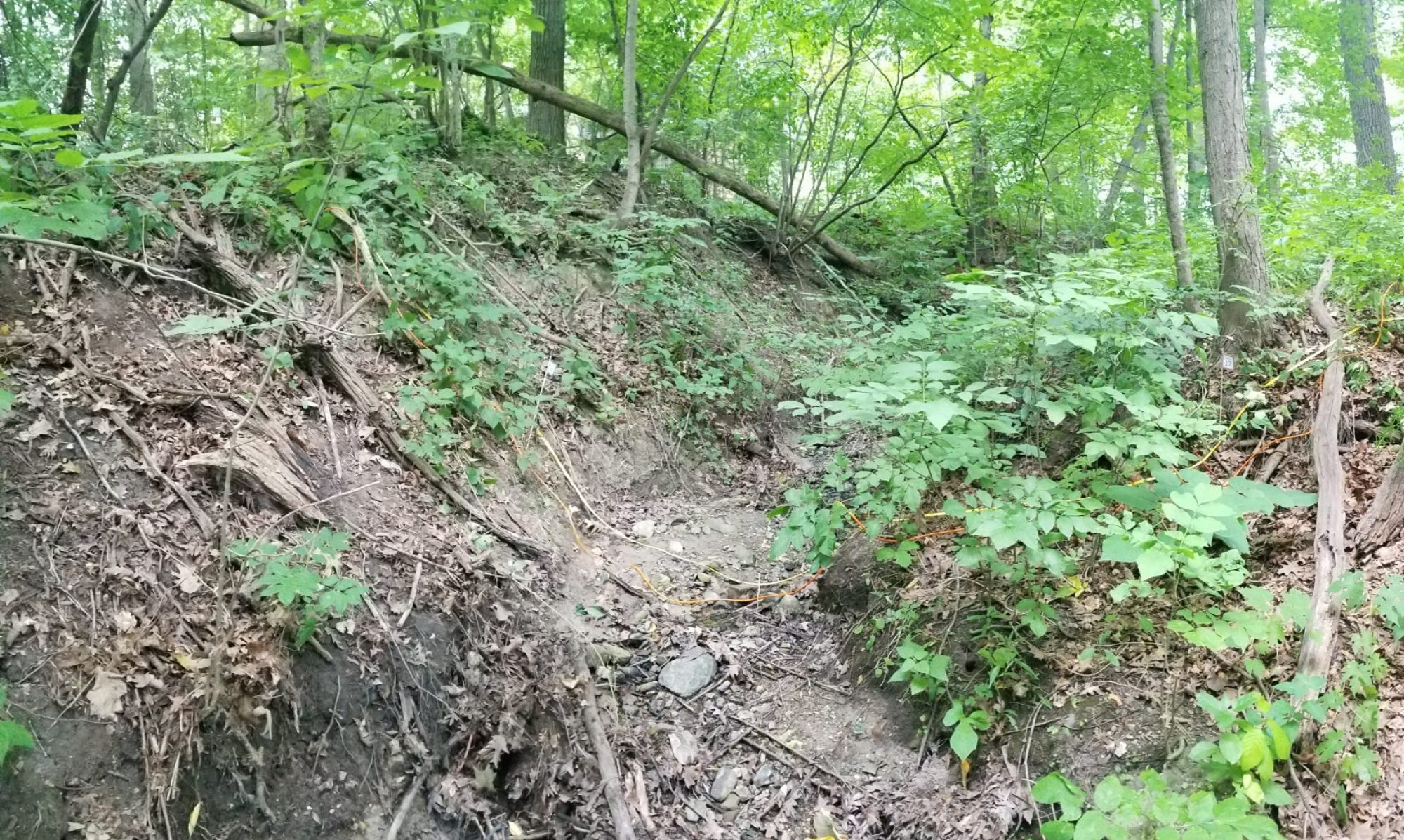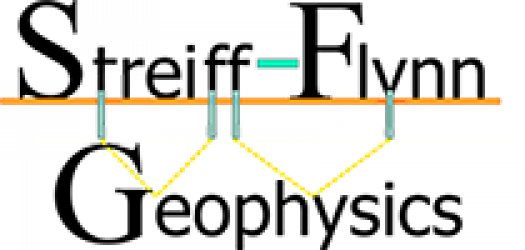Electrical Resistivity Imaging (ERI) Surveys
Inexpensive, Non-Destructive, Fast
Streiff-Flynn Geophysics (SFG) is a company that uses ERI to image the ground. This geophysical method records variations in ground resistivity created by the different subsurface materials present. An image of the ground is created from these resistivities.
How ERI Works
Geological units, anomalous geological features, water, fluids/contaminants, and man-made objects all have known resistivity ranges. ERI collects resistivity values of the ground along the survey up to a depth of ~80 ft. Comparing survey acquired resistivity values to known resistivity ranges, an image of the ground is created and reliably interpreted.
ERI Uses
ERI can be used to find almost any object within ~15 ft of the ground surface. It can be used to see larger objects within ~80 ft of the ground surface. It’s a great way to find bedrock and other soil and sediment layers. It’s also an extremely successful tool for locating contaminates in the ground.
Our Services
After acquiring ERI data from a survey line, a fast image of the ground can be viewed immediately in the field. Further processing and elevation corrections will be done on the final resistivity images. You’ll be given a report describing the interpretation of the ground and how these results were concluded. Annotated images will be included with the interpreted ground description.
Past Projects
- Deerfield Cemetery: Determining the status of burial plots (occupied/unoccupied) at this historical cemetery.
- Historical Wisconsin Home: A general yard survey with a possible buried Model-A Ford. Buried cistern also found.
ERI Benefits
There are many benefits to using ERI over other ground exploration techniques (like Ground-Penetrating Radar and trenching). These benefits include:
- low cost
- rough terrain accessibility
- small equipment
- non-destructive
- safe acquisition
- fast information
- more information
- ground-truthing
- hazard management
Who We Are
Carolyn Streiff is a geophysicist with a background in geophysics and astrophysics. She graduated from the University of Wisconsin in Madison with a Bachelor of Science in physics and a Bachelor of Science in astrophysics, while also working in the university’s X-Ray Astrophysics Lab.
Following her undergraduate work, Carolyn obtained a Master of Science in geophysics with an emphasis in tectonophysics also from the University of Wisconsin in Madison. While completing her master’s degree, she worked in the Halliburton Visualization Center on tsunamigenesis and seismogenesis.
After university, Carolyn worked with different subsurface data acquisition techniques, including ERI, as a geophysicist for the State of Wisconsin.

